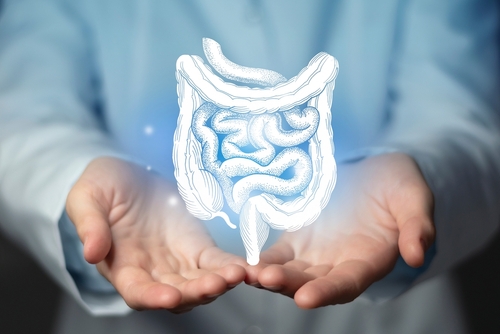Researchers analyzed members of the firmicutes phylum, including those in the human gut microbiota, and the ability to form highly resistant spores, enabling them to thrive in various environments for extended periods. In Clostridioides difficile (C. difficile), a pathogenic bacterium, the spore is the oxygen-resistant form responsible for transmission, while disease symptoms are primarily caused by toxins produced during active growth. Understanding the formation of spores in firmicutes bacteria sheds light on their ability to persist in diverse habitats. In C. difficile, spores play a crucial role in transmission, serving as the infectious agent resistant to oxygen. Meanwhile, disease symptoms arise from toxins produced during active growth phases. Researchers delve into the regulatory pathways governing the initiation of sporulation and highlight the importance of spores in the infectious cycle, emphasizing their structure, function, and critical control points during morphogenesis.
Reference: Serrano M, Martins D, Henriques AO. Clostridioides difficile Sporulation. Adv Exp Med Biol. 2024;1435:273-314. doi: 10.1007/978-3-031-42108-2_13. PMID: 38175480.









